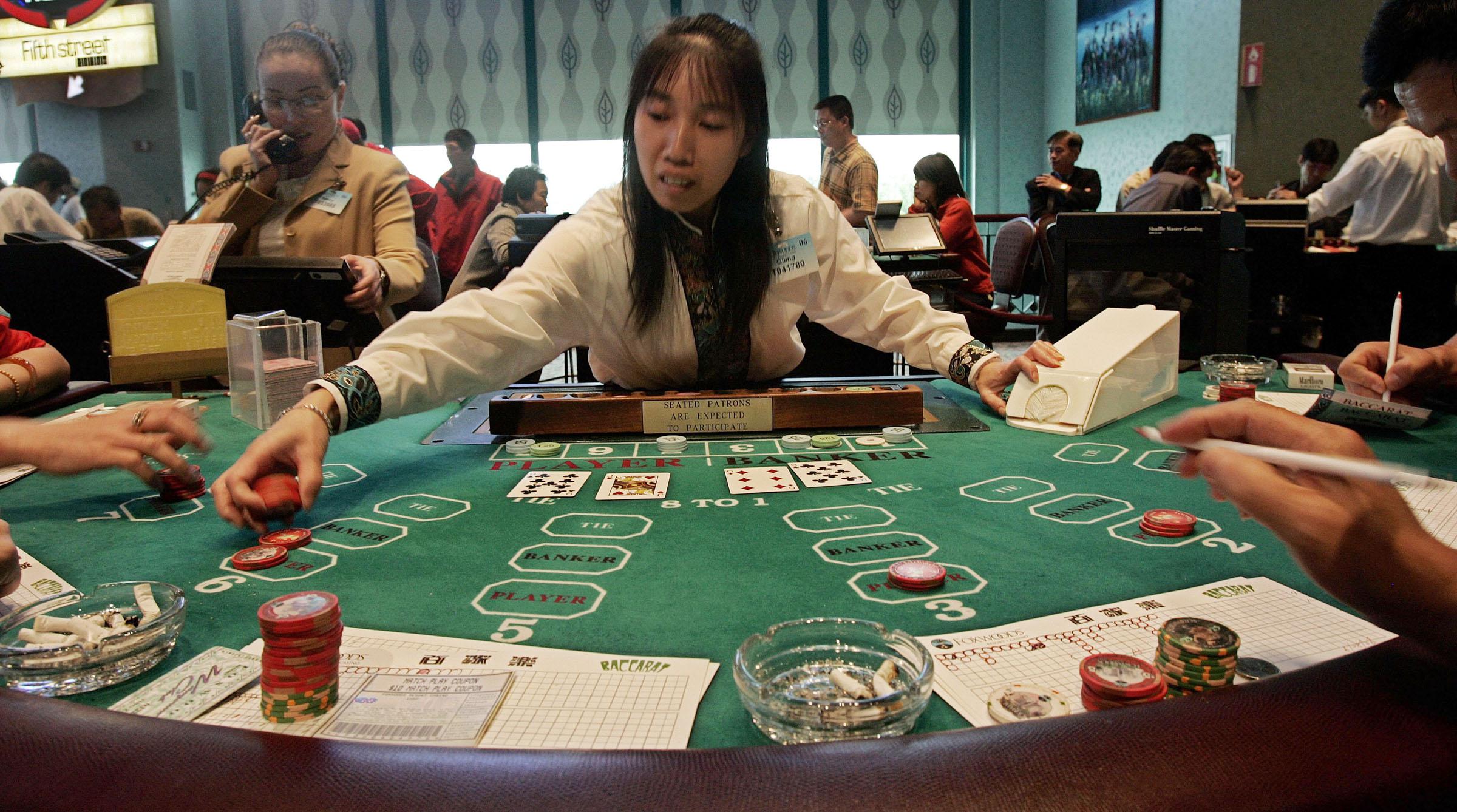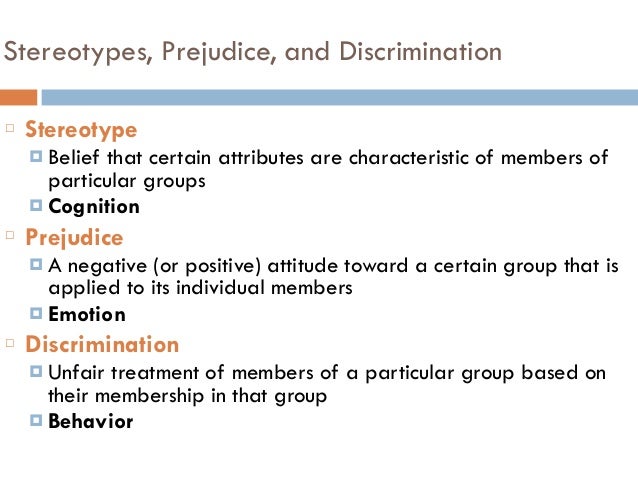Stigma is a barrier to engaging in care for gambling problems. Financial problems were stigma-related barriers to seeking help for men and women. Addictive qualities of gambling and emotional distress created barriers to care for men. The seductive gambling environment was a stigma related barrier to care for women. In public gambling discourse there is a consensus that gambling problems are stigmatised and that stigma is a n important source of harm for those with gambling problems.In 2015 the US National Council on Problem Gambling stated in its strategic plan that ‘we will work to overcome the stigma and misconceptions associated with problem gambling by identifying public misconceptions about. Gambling is a popular leisure activity. However, some people develop gambling disorder and face serious negative consequences. Few people with gambling disorder seek treatment. One of the most common reasons for not seeking treatment is fear of stigma. Public stigma refers to the negative reactions. The researchers hypothesized that the magnitude of stigmatization would fall in this order, from most stigmatized to least: (a) the target labelled and described in ways consistent with moderate gambling disorder (b) the target described in ways consistent with moderate gambling disorder, (c) the target described in ways consistent with. Gambling is a popular leisure activity. However, some people develop gambling disorder and face serious negative consequences. Few people with gambling disorder seek treatment. One of the most common reasons for not seeking treatment is fear of stigma. Public stigma refers to the negative reactions.
The stigma of problem gambling: causes, characteristics and consequences
Stigma Of Gambling Sites

This study aimed to determine the nature and relative intensity of stigma for problem gambling in Victoria, and to analyse how this stigma is perceived and experienced by different groups. It also considered how stigma may impede treatment and interventions among first-time and relapsed help seekers, and how it may influence recovery from problem gambling.

Results from the study indicate that the general public tend to view problem gambling as a condition resulting from the characteristics of an individual's personality or circumstance, but one that is recoverable.
However, people with an identified gambling problem felt that others see their condition as their own fault due to failures of character. They also reported significant self-stigma, including feeling disappointed in themselves, ashamed and embarrassed. Interviews with people experiencing gambling problems and counsellors revealed how stigma can be an obstacle to help-seeking and behaviour change, and how relapse can affect self-stigma.

